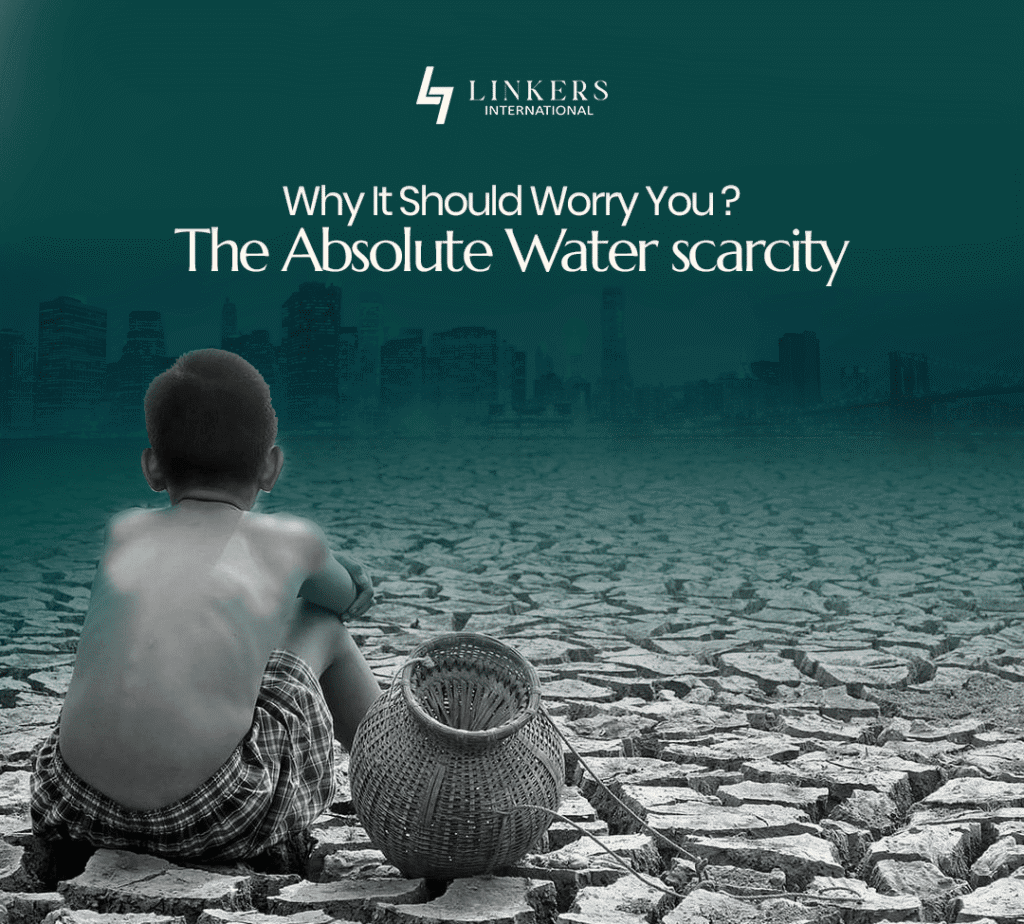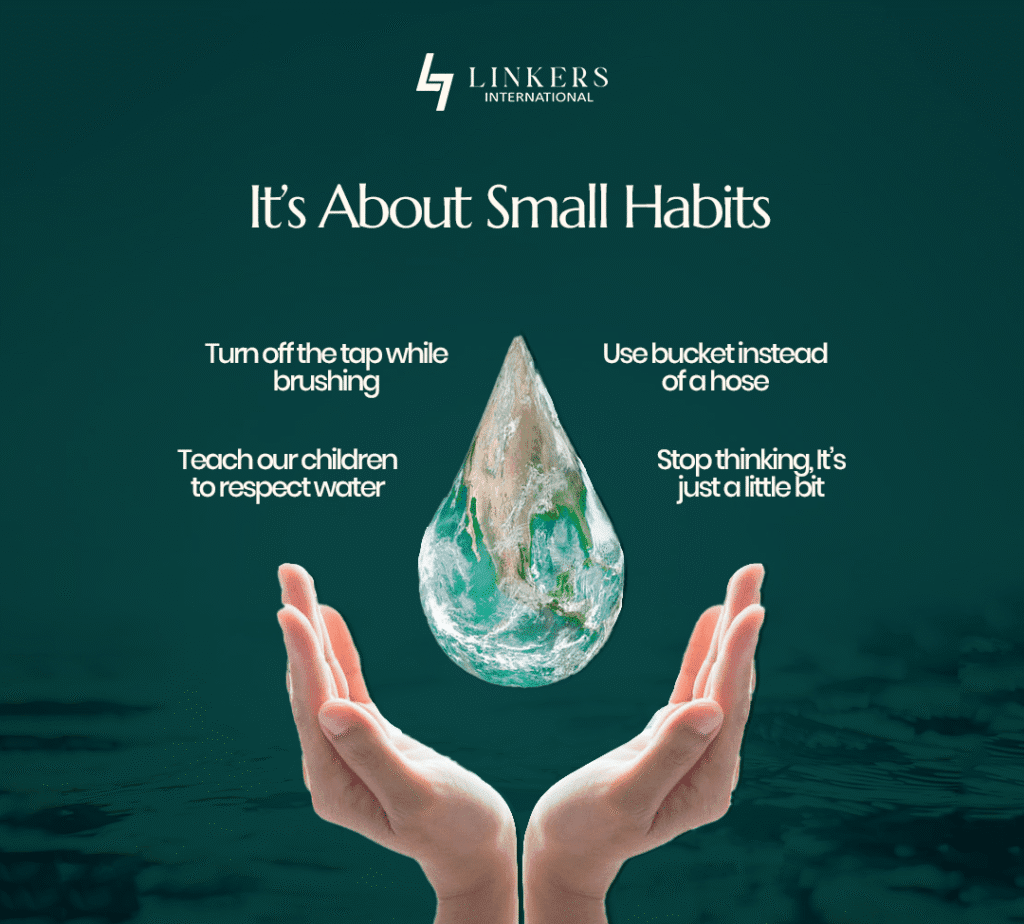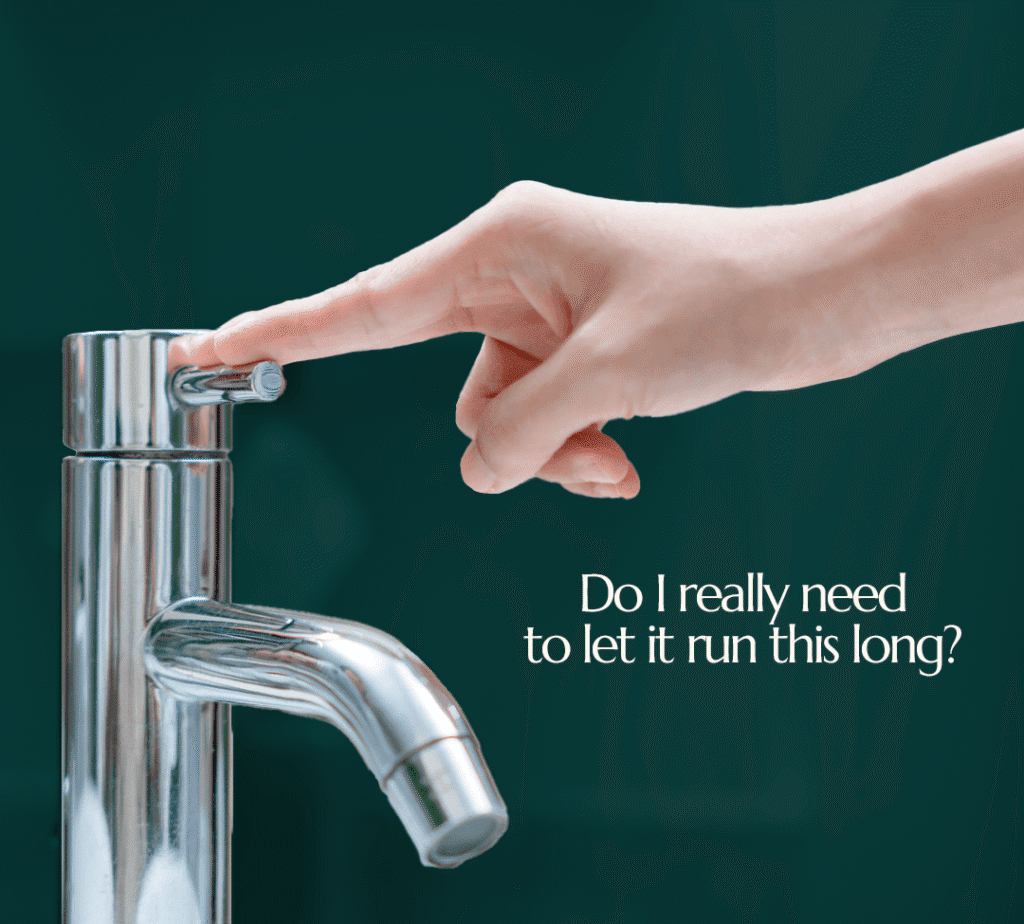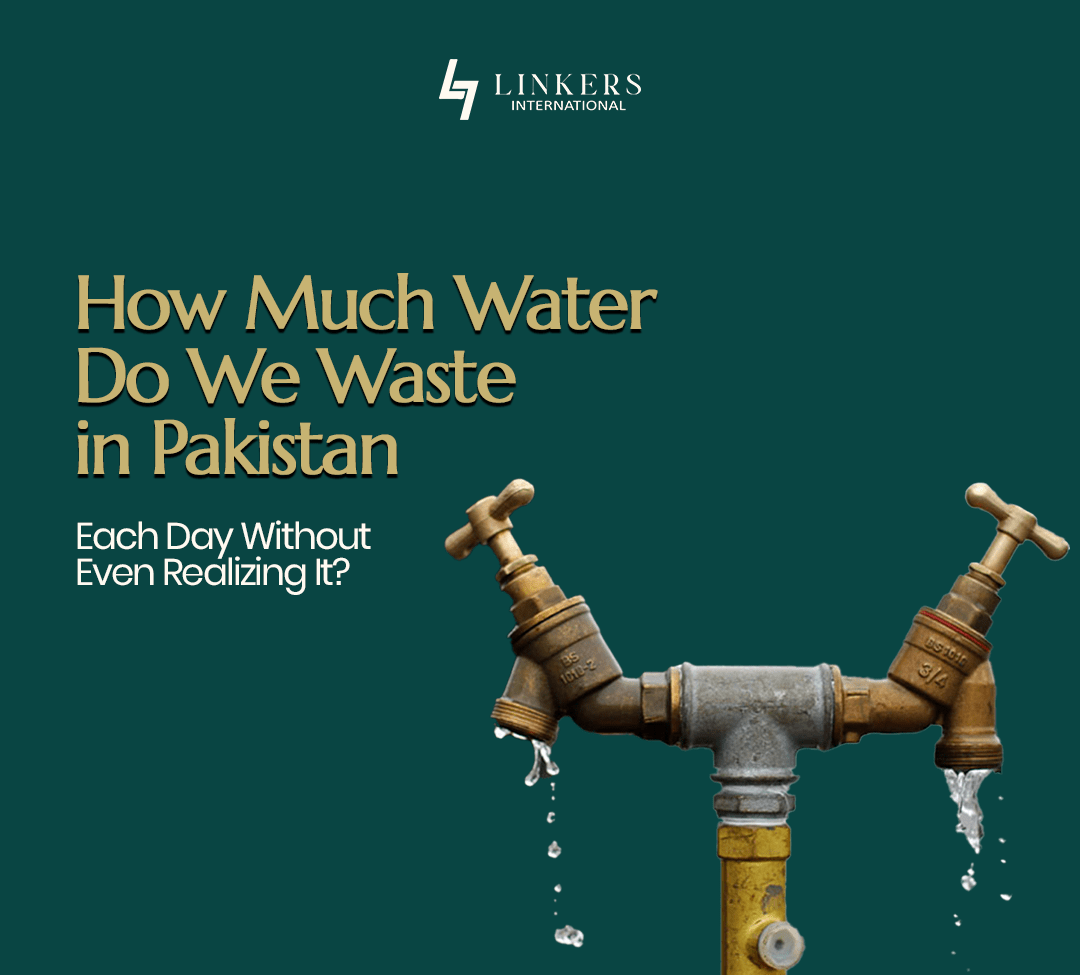By the time you finish reading this article, tens of thousands of liters of clean, drinkable water will have gone down the drain not in industries or agriculture, but right in our homes, offices, and streets. Quietly. Invisibly. Wastefully.
Water is one of those things we assume will always be there. You open a tap and expect it to flow. You wash your car, hose down your porch, brush your teeth with the faucet running, and think nothing of it. After all, what’s a few litres here and there?
Now imagine this: Multiply those “few liters” by 20 million households, every single day. Suddenly, we’re staring at a national crisis one that doesn’t feel like a crisis because it’s so deeply woven into our routine.
A Look at the Numbers
Let’s get specific.

- A running tap while brushing can waste 20–25 litres of water in just five minutes.
- Washing dishes with the water running can use up 40–50 litres per session.
- Leaky taps that drip once per second can waste up to 11,000 litres a year from just one tap.
- A car wash using a hose? 250–300 litres, easily.
These aren’t inflated figures. They’re regular, everyday choices. They’re real.
Now Zoom Out: A National Snapshot
Let’s say, conservatively, that each urban household in Pakistan wastes 40 litres of water per day through habits like these. Multiply that by 20 million households and we’re talking about:
800 million litres of clean water are wasted daily.
That’s the equivalent of:
- 320 Olympic-size swimming pools
- Enough drinking water for over 13 million people every single day
And that’s just the urban picture. Factor in rural inefficiencies, infrastructure leakage, and unchecked usage in commercial settings, and the true figure is far higher.
Why It Should Worry You

Pakistan is a water-stressed country on the brink of being water-scarce. Our per capita water availability has already plunged to just over 1000 cubic meters, and the World Bank estimates it may fall below 500 cubic meters in the near future. That would place us in the category of “absolute water scarcity.”
And yet, we wash our driveways with hoses. We let water drip all night from leaking taps. We install fancy water fixtures but rarely fix the basics.
This isn’t about blame. It’s about awareness.
It’s Not About Big Changes. It’s About Small Habits.

Solving Pakistan’s water crisis doesn’t begin in government offices or international conferences. It begins in kitchens and bathrooms. It begins when we:
- Turn off the tap while brushing
- Fix the leak we’ve been ignoring for weeks
- Use a bucket instead of a hose
- Teach our children to respect water
- Stop thinking, “It’s just a little bit”
Why This Matters to Professionals and Businesses
If you’re a business owner, you already know how ESG (Environmental, Social, and Governance) principles are reshaping modern industry. Water conservation is not just a moral responsibility anymore it’s becoming a competitive differentiator.
Offices can install sensor taps. Construction companies can harvest rainwater. Cafés can serve water only upon request. It’s not about cutting corners it’s about conscious leadership.
If you’re in HR, start with workplace awareness campaigns. If you’re in marketing, use your platforms to promote responsible habits. If you’re in management, lead by example.
The Final Thought
Water is not infinite. It’s not replaceable. And it’s not guaranteed.
If we continue living like this, the day won’t be far when water will no longer be a right it’ll be a privilege.
So the next time you turn on a tap, pause and ask yourself:
“Do I really need to let it run this long?”

Because the answer to Pakistan’s water crisis doesn’t lie in distant policy it lies in that moment.





